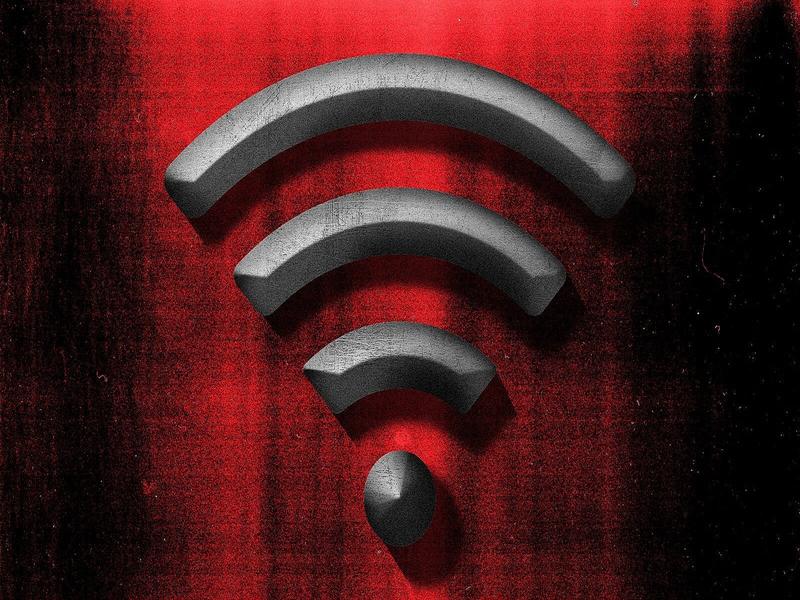Hackers defaced the website of the Russian Space Science Research Institute (RSRI), leaking files allegedly stolen from the Russian space agency Roscosmos on March 3, 2022. (US time). Hackers leave messages like this:
"Don't touch Ukraine or Anonymous will do more harm"
Amidst this, a distributed denial of service (DDoS) attack was launched against the Russian top-level domain ".ru" with the aim of blocking all URLs under this domain. These are all just the latest examples of hacktivism (the act of making a political statement through hacking) on the rise in support of Ukraine.
Demonstrations are taking place around the world against Russia's chosen war with Ukraine, including 48 Russian cities. In addition, donations of more than 1 million dollars were collected from all over the world using cryptocurrencies (virtual currencies, crypto assets) for Ukraine.
Additionally, companies such as Shell, BP and Apple have also temporarily or permanently exited the Russian market. In the midst of all this turmoil, hacktivists have expressed their willingness to join the fray in order to achieve their own political ends.
Cyber attacks intensifyRussia has been conducting a series of intrusive and devastating cyber attacks against Ukraine over the years. At the start of the war, it launched a DDoS attack on Ukrainian institutions and sent data-wiping malware to numerous Ukrainian computers. In order to confront this cyber war, the Ukrainian side has formed an "IT unit" as a volunteer army made up of private hackers from all over the world in addition to the conventional conscription system.

Related article: Countering the Russian invasion with "cyber attacks", the true value of the "IT unit" created by Ukraine through public offering
The exchange of cyberattacks led to the war in Ukraine. With the North Atlantic Treaty Organization (NATO) imposing deadly economic sanctions on Russia, hacktivist data leaks, website defacement, and cyberattacks have had no direct impact on the war situation. It has become one of the most visible digital battlefields.
However, the mixture of hacktivism and real-world warfare has created a troubling situation, experts say. Some warn that hacktivism can unintentionally escalate warfare and endanger intelligence operations, while hacktivism is ineffective and only a hindrance when fighting is ongoing. There is also an opinion that it is.
"There is active fighting between Russia and Ukraine, with civilian casualties and armed physical destruction," said a cybersecurity researcher and past member of the International Committee of the Red Cross' cyber warfare. Lukas Oleinik, who served as an advisor to “Let’s be frank: I have no idea how hacktivism will change things. But what effect does it actually have?
In this context, hacktivist activities are becoming very prominent. On February 24 (US time), the day the Russian military launched its invasion of Ukraine, the anonymous hacker group Anonymous tweeted that it had “started a cyber war with the Russian government,” followed by the Russian government-affiliated media “RT.” , oil giant Gazprom, the Kremlin and other government agencies said they had launched attacks that temporarily disabled their connections.
Also, Putin's yacht was renamed "FCKPTN" (Fuck Putin) due to falsification of maritime tracking data. Shortly after that, two hacker groups called "Anonymous Liberland" and "Pwn-Bär Hack" allegedly leaked about 200 GB of emails from the Belarusian military company Tetraedr. These groups also announced on February 28 (U.S. time) that they had hacked news sites such as the Russian newspaper Kommersant, the state-run Itartas news agency, and RIA Novosti to post anti-war messages. .